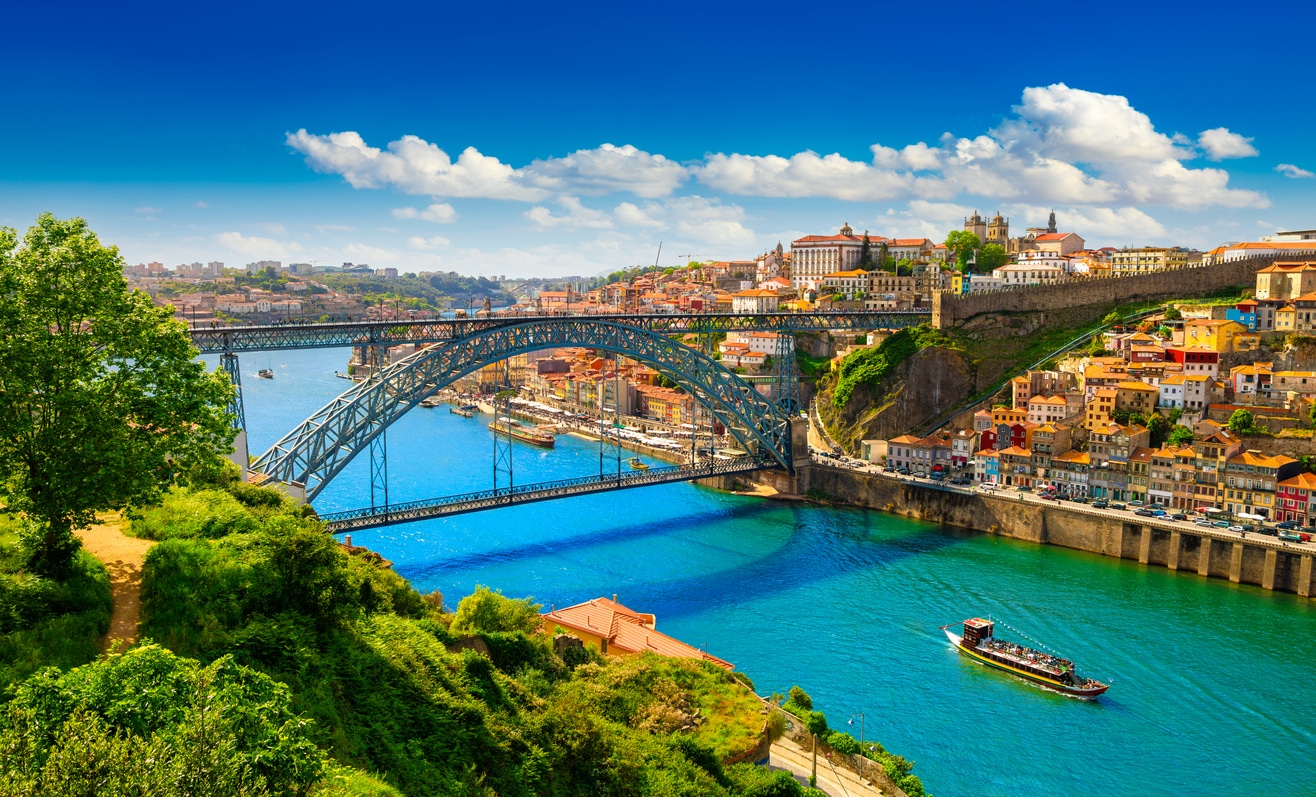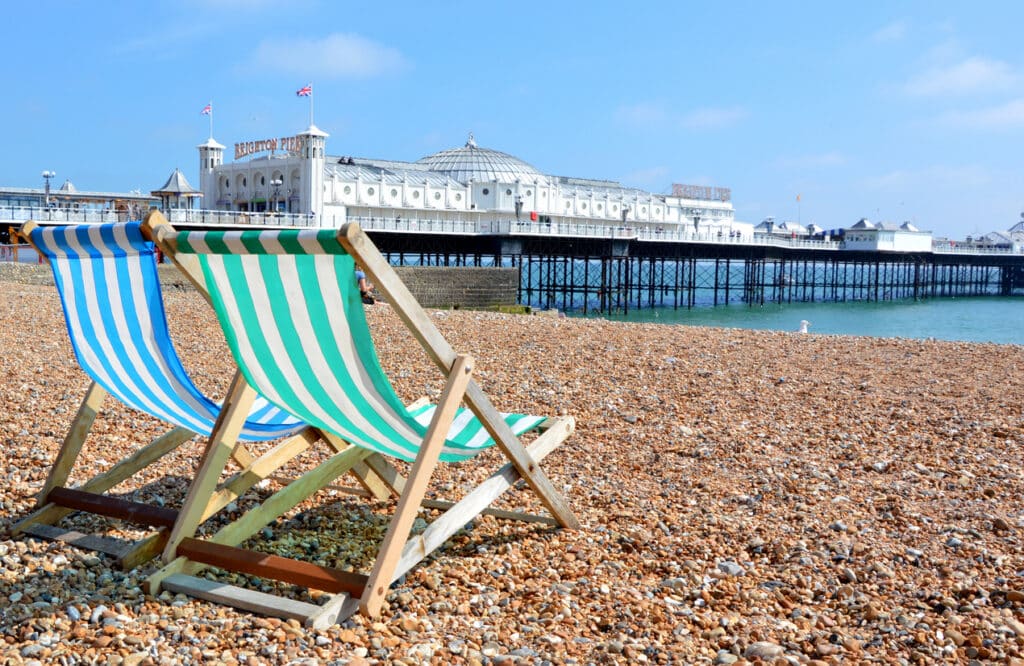Moving to Portugal is an exciting adventure, but understanding the Portugal official language is a crucial first step for any expat. In this guide, we’ll break down what you need to know about Portugal’s official language, why it matters for expats, and how you can thrive—linguistically and culturally—in your new home.
Portugal’s official language: Portuguese and Mirandese explained
When most people think of Portugal’s official language, Portuguese immediately comes to mind—and for good reason. Portuguese is the sole national language and is spoken by nearly everyone in the country. It’s the language of government, education, media, and daily life. If you’re living in Lisbon, Porto, or the Algarve, you’ll hear Portuguese everywhere you go.
But did you know Portugal officially recognizes a second language? Mirandese, spoken by a small community in the northeastern region of Miranda do Douro, has been co-official since 1999. While Mirandese is used in local schools and some public signage, it’s not widely spoken outside this area. For most expats, Portuguese will be the language you encounter and need to use in almost every situation.
Quick facts:
- Portuguese: The primary and official language nationwide
- Mirandese: Regional co-official status in Miranda do Douro (approx. 3,500-5,000 speakers)
Understanding this linguistic landscape helps set realistic expectations. While English is increasingly common in tourist areas and among younger generations, daily life—especially outside major cities—still revolves around Portuguese.
Why learning Portuguese still matters for long-term expats
It’s tempting to rely on English, especially in Portugal’s expat-friendly hotspots. But if you’re planning to stay for more than a vacation, learning Portugal’s official language is one of the best investments you can make in your new life.
Why does it matter?
- Integration and community: Speaking Portuguese opens doors to genuine friendships and helps you feel at home. Locals appreciate the effort, even if your skills are basic.
- Practical matters: From setting up utilities to visiting the doctor or dealing with local bureaucracy, Portuguese is often essential. Many official documents and government websites are only available in Portuguese.
- Professional opportunities: If you plan to work or start a business, language skills are a major asset. Even in international companies, Portuguese proficiency can set you apart.
- Cultural connection: Language is the key to understanding Portugal’s rich traditions, humor, and way of life. It’s about more than words—it’s about truly belonging.
Portuguese vs Spanish: Common misconceptions for expats
It’s a common mix-up: many newcomers assume that Spanish and Portuguese are interchangeable, or that knowing one will make the other a breeze. While the two languages share Latin roots and some vocabulary, they are distinct in pronunciation, grammar, and usage.
Key differences:
- Pronunciation: Portuguese has unique sounds (like the nasal “ão”) that don’t exist in Spanish.
- Vocabulary: Some words look similar but have different meanings (false friends). For example, “pasta” means “paste” in Portuguese, not “pasta” as in Italian or Spanish.
- Cultural identity: The Portuguese are proud of their language and appreciate when expats make the effort to learn it, rather than defaulting to Spanish.
💡 Pro Tip:
If you already speak Spanish, you’ll likely pick up Portuguese faster, but don’t assume you can get by with Spanish alone. In fact, using Spanish in Portugal can sometimes be met with confusion or even mild frustration. A simple “Bom dia” (Good morning) in Portuguese is always a better way to start a conversation.
Essential Portuguese phrases every expat should know
You don’t need to be fluent to make a great impression or navigate daily life. Here are some essential phrases in the Portugal official language that will help you get started:
- Olá! – Hello!
- Bom dia / Boa tarde / Boa noite – Good morning / Good afternoon / Good evening
- Por favor – Please
- Obrigado/a – Thank you (male/female speaker)
- Desculpe – Excuse me / Sorry
- Fala inglês? – Do you speak English?
- Não falo português muito bem. – I don’t speak Portuguese very well.
- Pode ajudar-me? – Can you help me?
- Quanto custa? – How much does it cost?
- Onde fica…? – Where is…?
💡 Pro Tip:
Practice these phrases before you arrive, and don’t be afraid to use them. Most locals will respond warmly to your efforts, even if your accent isn’t perfect.
Ready to thrive in Portugal? Get expert expat tax help today
Moving to Portugal is about more than just learning the language—it’s about building a new life with confidence. As you settle in, don’t let U.S. expat tax questions add stress to your journey. Our team of friendly, expert tax advisors is here to guide you every step of the way, so you can focus on enjoying your new home.
Frequently Asked Questions
-
What is the official language in Portugal?
Portuguese is the official language of Portugal. Mirandese is also recognized regionally in Miranda do Douro, but Portuguese is used nationwide.
-
Is English widely spoken in Portugal?
English is common in tourist areas and among younger people, but Portuguese is essential for daily life, especially outside major cities.
-
Can I get by with Spanish in Portugal?
While Spanish and Portuguese share similarities, they are distinct languages. Most Portuguese people prefer to speak their own language, and using Spanish may not be effective.
-
Do I need to learn Portuguese as an expat?
For long-term expats, learning Portuguese is highly recommended. It helps with integration, daily tasks, and building relationships.

 Connect on LinkedIn
Connect on LinkedIn

